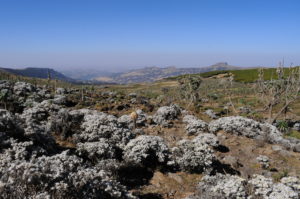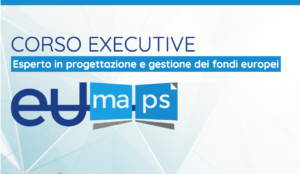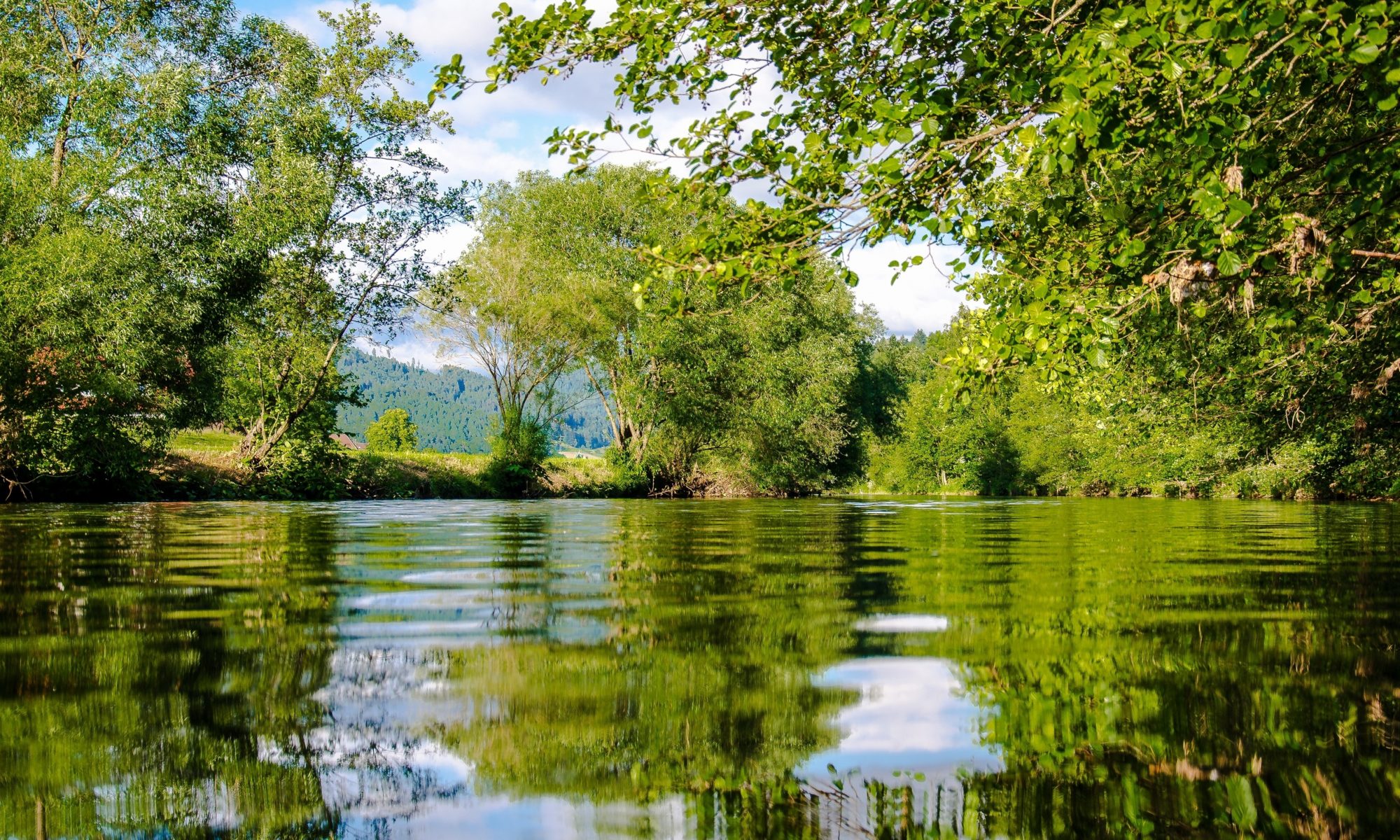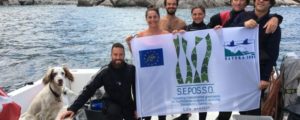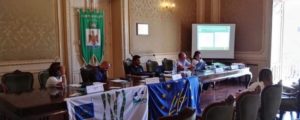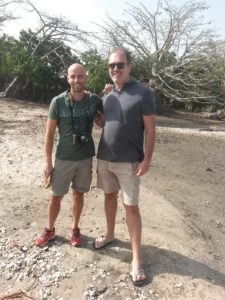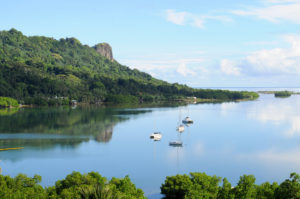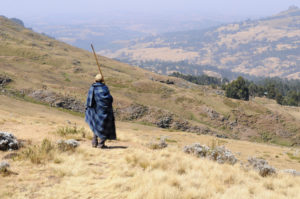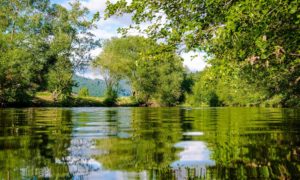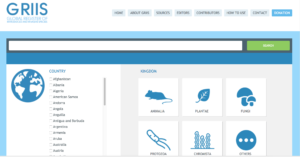The PES (Payments for Ecosystem Services) Strategy has been discussed during the workshop held in Addis Ababa on last Monday and organized by UNDP and the Ministry of Environment, Forests and Climate Change (MEFFC).
During the Validation Workshop, moderated by the Minister of Environment, Forests and Climate Change, H.E. Dr. Gemedo Dalle, challenges and opportunities on PES have been debated.
The workshop has been introduced by the key-note speeches from the same Minister, the State Minister of Minister of Water, Irrigation and Electricity, H.E. Dr. Abreha and the UNDP Country Director, Ms. Louise Chamberlin. Among other speakers, Wubua Mekonnen, GEF programme specialist at UNDP Ethiopia, Abdeta Debella, Project Manager of the MIBC GEF Project, James Wakiaga, UNDP Economist and Ayele Hegena, Director of the Policy, Laws and Standard Study and Preparation Department at MEFCC.
During the day, Giacomo Cozzolino, international consultant and main author of the PES Strategy, has presented the main documents: the baseline survey, the feasibility study and the strategy and road map.
The Minister of Environment, Forests and Climate Change, in his conclusions, has encouraged all the stakeholders to start implementing the strategy and follow-up its recommendations.
The meeting has been attended by tens of representatives from national public institutions, international institutions and NGOs.
The main evidences have been reported by the national televisions, radios and papers.
